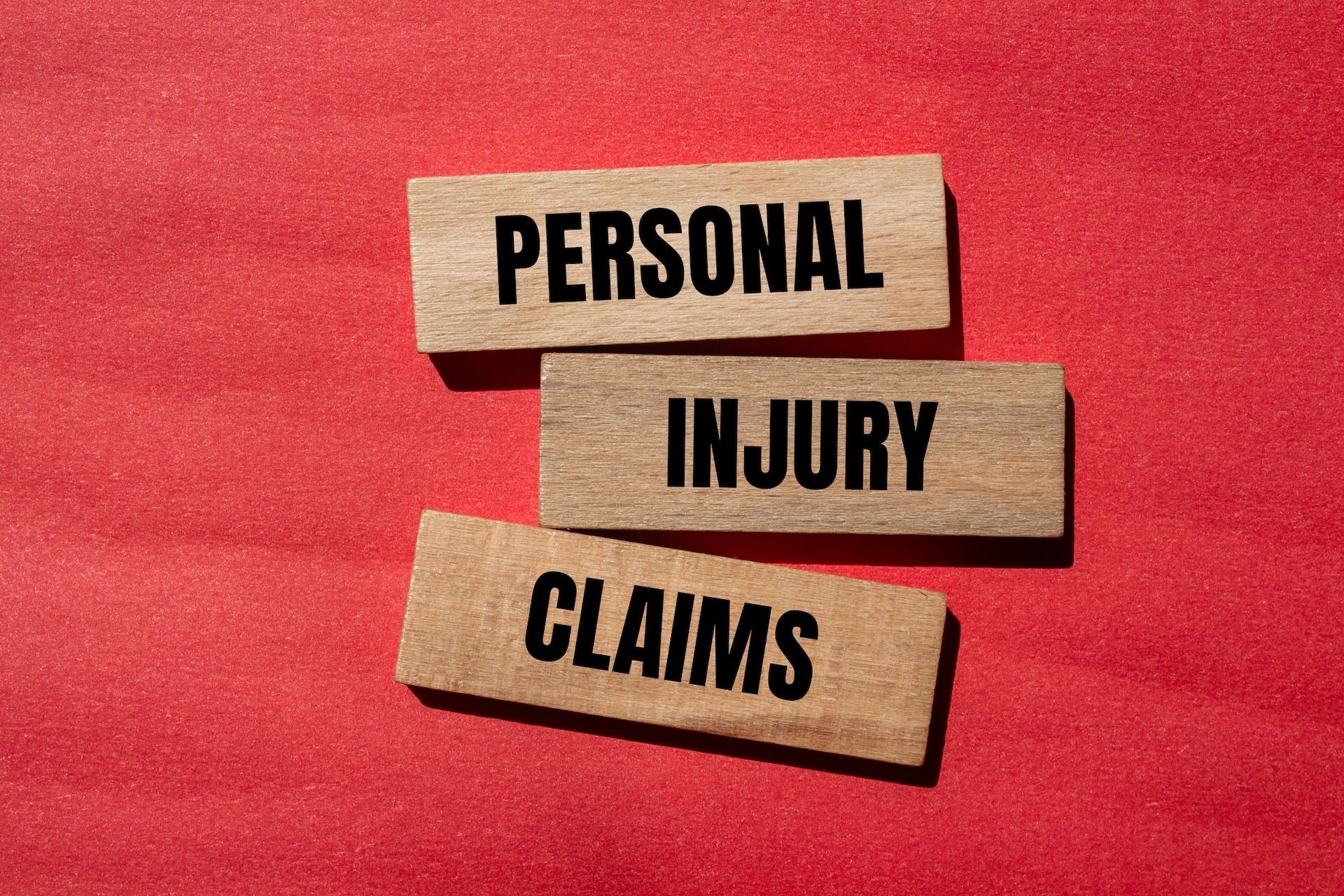How Does Loss of Earning Capacity Differ from Loss of Future Earnings?

Loss of future earnings and loss of earning capacity are very different measures of damages that result from a personal injury. Although both kinds of damages are caused by vocational impairment, they are based on distinct concepts and are subject to distinct standards of proof. Lawyers generally prefer vocational experts to focus their analysis on an injury victim’s loss of earning capacity.
Loss of Future Earnings
The phrase “loss of future earnings” refers to the specific amount of income the plaintiff would have earned if he or she had been able to continue working. Suppose Marvin has been working in the same union job for thirty-five years before he was injured and expected to retire from that job after another two years. Since Marvin had a long history of satisfactory job performance and enjoyed union protections from an arbitrary termination, there may be no reason to believe that Marvin’s expectation was unrealistic. It is therefore possible to calculate Marvin’s loss of future earnings by predicting the annual raise that he would have earned and adding up the wages he would have been paid if an injury had not prevented him from continuing his employment.
In many cases, it isn’t possible to prove the loss of wages that an employee would have earned over the course of a working life. There may be evidence that the plaintiff would not have continued a career with the same employer. There may be evidence that the employer is likely to go out of business or to close the plant where the plaintiff worked. If earnings are based on the payment of a sales commission, there may be evidence that the market for the salesperson’s product is likely to disappear. Any number of variables can add uncertainty to the calculation of lost future earnings.
In many jurisdictions, juries are instructed that “to recover damages for future lost earnings, the plaintiff must prove the amount of earnings he will be reasonably certain to lose in the future as a result of the injury.” Reasonable certainty is a difficult standard to meet.
Few people can be reasonably certain of their future earnings. Younger workers might change employers, or even careers, on multiple occasions before they settle into the work that they will pursue until retirement. Expecting a younger worker to prove lost earnings before the worker chooses a career is unrealistic. Unless a plaintiff is near the end of his or her worklife expectancy, proving the loss of future earnings to a reasonable certainty is formidable task.
Loss of Future Earning Capacity
Most courts have recognized that requiring proof of lost future earnings might impair a plaintiff’s opportunity to collect fair compensation for a disabling injury. Nearly all courts now recognize “loss of earning capacity” as a substitute measure of future damages that will arise from an impaired ability to work.
Loss of earning capacity refers to a loss of the same ability to earn income that the plaintiff would have had in the absence of injury. A loss of earning capacity results from a loss of the potential to earn income. While loss of future earnings is measured by the actual earnings that a plaintiff will lose, loss of earning capacity is measured by the potential earnings that a plaintiff will lose.
The difference between the concepts might be easiest to understand by imaging that the injury victim is a high school student who has no job history. Proving a loss of future earnings is difficult because the plaintiff has no earnings history that can be projected into the future. At best, a plaintiff might only be able to prove a loss of the minimum wage to which all employees are entitled.
Proving a loss of earning capacity is easier. If an injury impairs the ability to do broad categories of work, the plaintiff’s ability to earn income has been diminished. Even if the plaintiff has no earnings history, he or she can recover compensation for the diminished potential to earn future income.
Whether damages must be proved to a reasonable certainty often depends on whether the damages are categorized as general or special. Special damages are losses or harms that have a measurable value. General damages cannot be measured with precision but can be inferred from the nature of the injury.
Since loss of earning capacity can be established without proof of actual earnings or income either before or after the injury, many courts categorize loss of earning capacity as general rather than special damages. Courts require all awards of damages to be supported by evidence, but they give juries greater latitude to assess the value of general damages.
Just as juries award damages for the loss of the ability to walk — generally under the umbrella of pain and suffering — juries can award damages for the loss of the ability to work. That loss has value even if the precise amount of future income the injury victim will lose cannot be measured with precision.
Assessing Loss of Earning Capacity
Vocational experts are the key to awards of significant damages for loss of earning capacity. If the plaintiff has a work history, vocational experts can offer opinions about the plaintiff’s ability to do the same kind of work in light of the plaintiff’s injury. A vocational expert can also offer opinions about other kinds of work the plaintiff will or will not be able to perform. An economist can use those vocational limitations and potential future earnings to assess a reasonable value of lost earnings that can be attributed to the injury.
When an individual with no work history is injured, a vocational expert can survey the labor market and determine the nature of employment that may be available to the injury victim. Based on the victim’s pre-injury aspirations, a vocational expert can explain whether those aspirations are available in light of the injury.
A vocational expert can also express opinions about the average earnings of individuals with limitations that are similar to the plaintiffs and the average earnings of individuals who succeeded in careers that the plaintiff wishes to pursue. A jury can use that expert testimony as a guide to awarding damages for lost earning capacity. The plaintiff’s lawyer may want an economist to quantify that potential loss, but many courts hold that the vocational expert’s testimony is a sufficient basis for awarding damages for loss of earning capacity. Contact OAS at 800-292-1919 to discuss how we can help with your case.
Disclaimer: The information on this website and blog is for general informational purposes only and is not professional advice. We make no guarantees of accuracy or completeness. We disclaim all liability for errors, omissions, or reliance on this content. Always consult a qualified professional for specific guidance.








